A recent Jing Daily article sheds light on the most influential and fastest growing consumer market in the luxury goods industry. Similar to countless other reports, it is widely agreed upon that the Asian consumer market, specifically the Chinese geographical subsector, has grown to command the largest piece-of-the-pie in terms of luxury consumers.
Brands everywhere have jumped leaps and bounds to cater to this group of buyers specifically. Whether marketing and advertising, or debut launches of collections before anywhere else, Chinese consumers have caught the attention of Chanel, Louis Vuitton, Dior and, yes, Hermes.
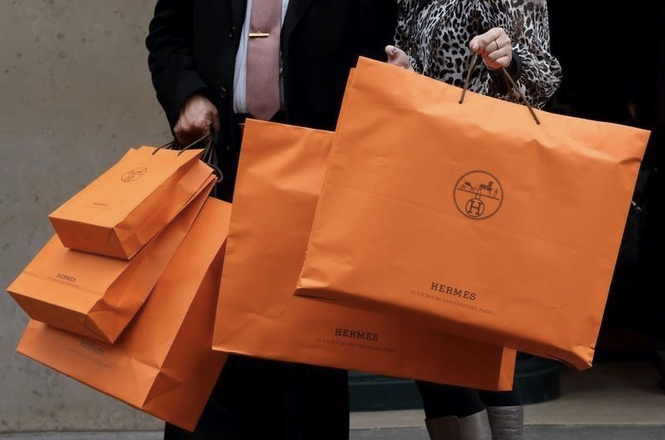
Image Credit: Reuters
As beloved as the brand is in China, it seems that Hermès has some unhappy customers. Jing Daily explains that people have increasingly started to protest Hermès sales practises, known as “Peihuo.” This is a tactic used by businesses to entice consumers to purchase products that are not as desirable, but bring them closer to those they truly want (sound familiar?).
Recently, protestors have been spotted with signs at various stores across China. The signs, and accompanying verbal antagonism, express their dissatisfaction with Hermès, and that as consumers, they were made to purchase items they didn’t want or need in order to gain access to the bag they wanted. This is exactly what one protestor said while outside the Shanghai store. He stated that he spent 150,000 yuan (short of $25,000 USD), and was encouraged to do so by his sales associate, but was ultimately denied the bag he wanted in the first place.
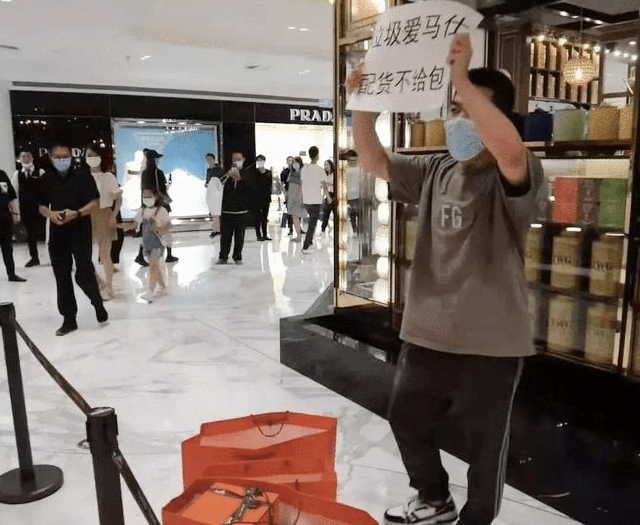
A protester outside a boutique holds a sign saying “Rubbish Hermès- peihuo but no bag” Image Credit: “DZ” on Xiaohongshu
So who’s right in this scenario? Is what Hermès did wrong, or are they perfectly entitled to do as they please as a business? On the other hand, is this protestor, and others like him, in the wrong? Should he have been more prepared and aware of what he was getting into? One thing’s for certain, and that is people everywhere go gaga over Hermès no matter what.
The Name of the Game
Peihuo, “the game,” whatever you choose to call it, luxury consumers have always speculated as to what the art of the deal is with Hermès. Whether you’re new to the luxe world, or a seasoned shopper, let’s take a quick look at why the Hermès experience is so hotly discussed.
Although the house vehemently denies the existence of any such strategy, a plethora of videos, articles and blogs can be found online of Hermès enthusiasts describing their process to obtaining a dream bag. What’s common among them is the idea that the most popular items, like the Birkin or Kelly bag, are known as “quota bags.” According to a deeply-dive rabbit hole of the world wide web, a “quota bag” is essentially an item that one is presented with only after reaching a certain purchasing threshold or “product quota.”
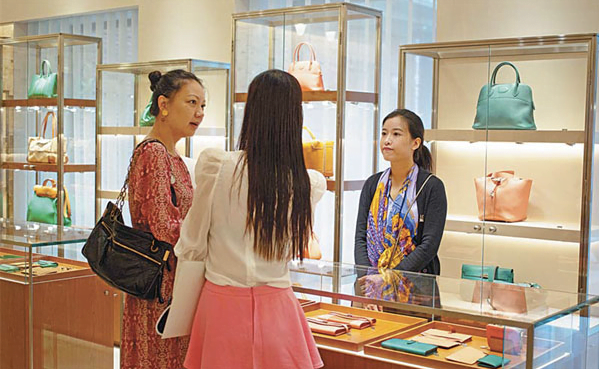
Image Credit: China Daily
Again, Hermès has always upheld the fact that no two journeys (as they like to call their client experience) are alike, and the assumption that one can be offered the most sought after bag in the world solely based off how much they spend, is boorish and of poor taste, to say the least. To be compared to a medieval style barter system of trade and pay is the furthest thing from what Hermès strives to be.
To Hermès’ credit, though, they’re not all wrong. In fact, over the past 18-24 months, there have been many a reveal video online featuring excited shoppers eager to unbox their first Kelly or Birkin. Many of these individuals openly (and proudly, at that) share that they were able to score a bag with little to no purchase history or “quota.” Now, these individuals may be a drop in the sea of all Hermès shoppers, but this is nonetheless supportive of the idea Hermès seeks to perpetuate- that shopping with them is more than an hour’s time spent, but an experience in of itself.

Image Credit: Economic Times Retail
As many videos there may be online of zero-purchase-history Birkin unboxings, there are an equal and greater number of those that boil it all down to a science. In fact, these tend to be some of the most popular and most watched analyses out there.
Serious Business
Contrary to the giddy and bubbly nature of first-timer Hermès unboxings, these videos, articles and blogs are serious, to the point and thorough. In them, the presenter or author outlines every meticulous detail of their journey up until being offered a Birkin or Kelly. Not only do they disclose the items they purchased, but they also openly share the amount of money they’ve spent and, moreover, what they advise others to purchase too! Keeping in line with the “quota bag concept,” viewers and readers are told what items to buy, which are better to buy than others, how often to buy and more. There are clearly two sides here when it comes to the Hermès buying process…but the voices of some are growing louder in a place Hermès does not want to ruffle feathers. The Chinese market has just become too important to risk ostracizing.
“Show them you’re a regular customer. Have a look at the homeware section when you go into the store, then try to ask for a handbag”
Peihuo, Protests & Pennies...
The Peihuo phenomenon is apparently nothing new. Moreover, what protestors are saying is not met with annoyance or complacency. The movement against the peihuo sales strategy is increasingly gaining steam online- specifically in China. When images emerged of the lone protestor with his “Rubbish Hermès-peihuo but no bag” sign, social media was sent buzzing and the post garnered thousands of likes. The top comment?
“Finally someone dares to do this!”
Chinese shoppers have expressed their frustration at the increased frequency that peihuo is now present at brands like Hermès. Many have felt that the practise has increased since the start of the pandemic, when Hermès began to cut production. Seeing that Hermès implements a selective demand strategy, it makes sense that its grip around its most exclusive bags would get tighter the lower its supply went. Some consumers, though, aren’t buying it.
Chinese customers are pointing their ire at peihuo, convinced that foreign brands are just trying to squeeze them for more money
Oh, What I Wouldn't Do...
Will things like protests and angry clients affect Hermès’ image or its sales strategy? Probably not. After all, Hermès does not hide the fact that it caters to a very specific and exclusive group of people- because they can. Practically every handbag lover wants to add a Birkin or Kelly to their collection and the house knows this. Keeping in line with simple free-market economic theory and the law of supply and demand, a business will sell its products at the highest price consumers are willing to pay. In Hermès’ case, consumers are willing to pay a lot. With the pure number of people wanting a coveted bag, is Hermès really bothered if one or two of them disagree with the road to being offered one? After all, there’s a dozen (or couple hundred dozen) where that came from…
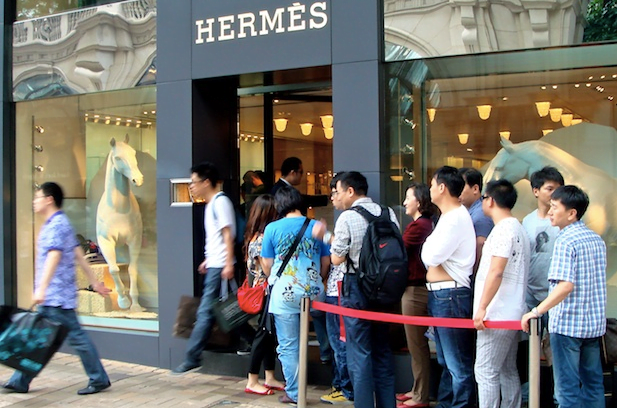
Image Credit: Jing Daily
“We’d do anything just to get a handbag”
-Chen Shuyu, Hermès Customer (Jian Yaling, Sixth Tone)
Whether costing a few thousand dollars in store, or thousands more on the resale market, it is the community of luxury lovers and consumers that have allowed Hermès to be what it is today. Whether we like it or not, most of us are willing to go the extra mile and spend that extra dollar if it meant being able to call oneself the proud owner of a Birkin or Kelly. Thus, the bigger question is this- is what these protesters are saying the beginning of a new movement of conscious shoppers? When you’re one of the most prestigious brands in the world, and practically everyone wants what you have to offer, do you have the luxury of truly doing as you please?
Love Pursebop
XO
Updated: August 5th, 2021



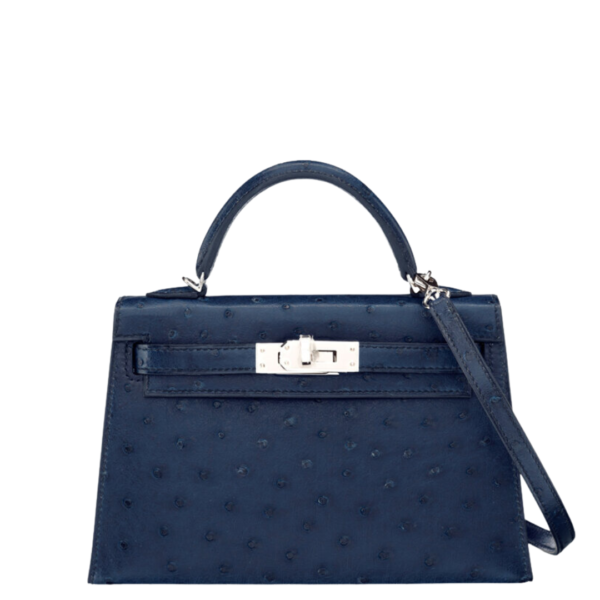

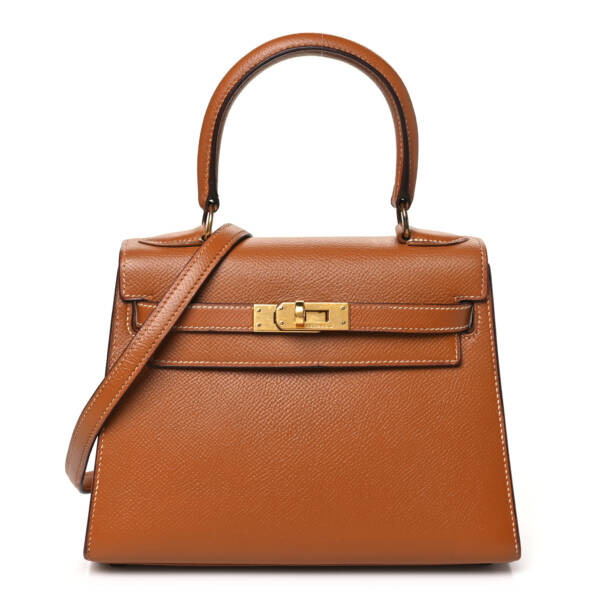
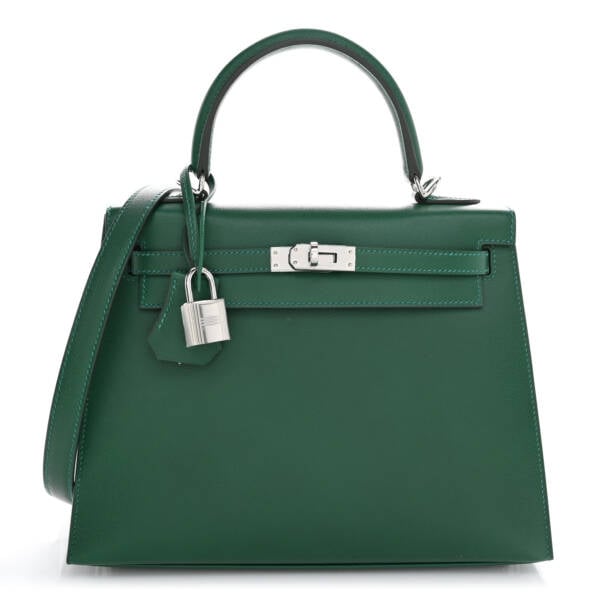

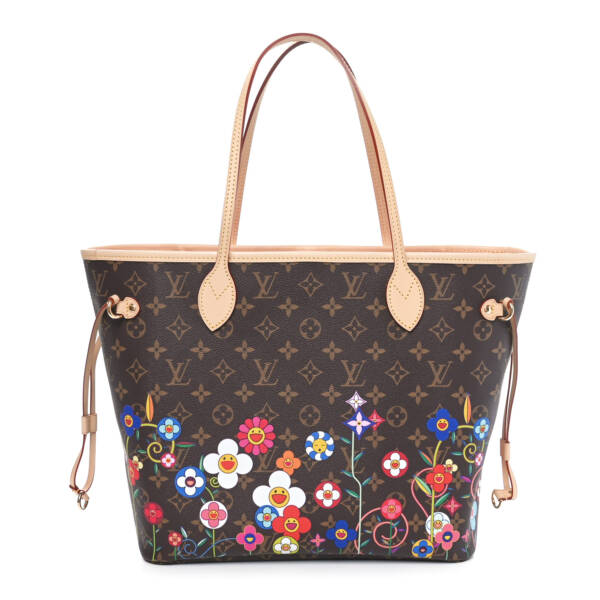

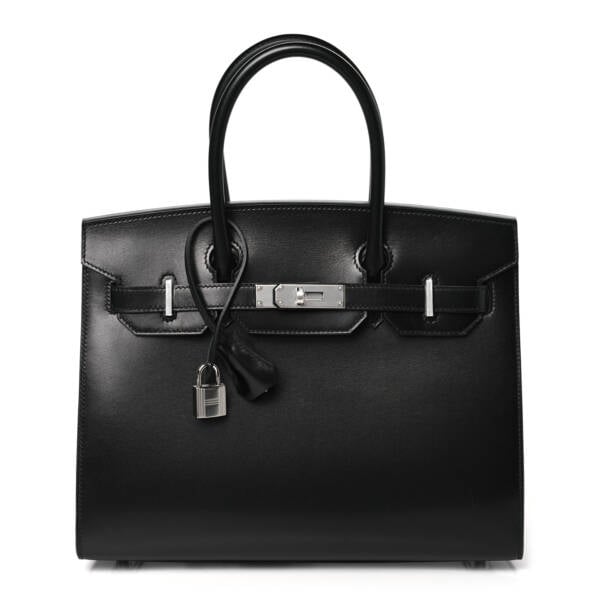
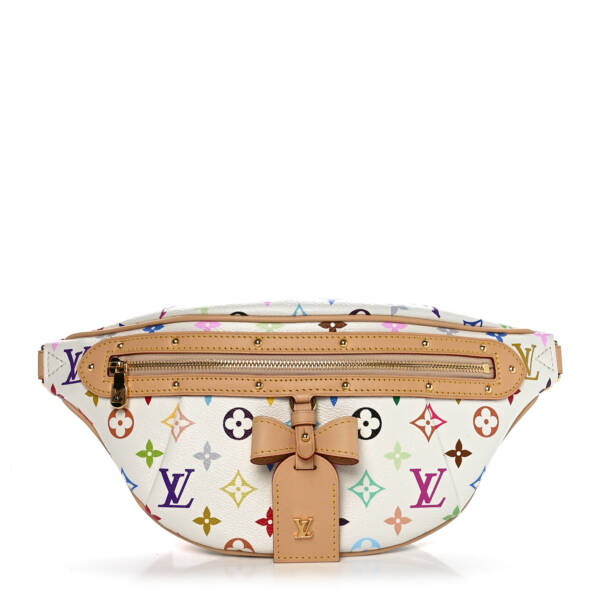

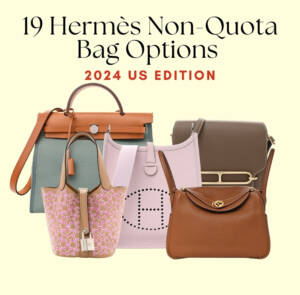
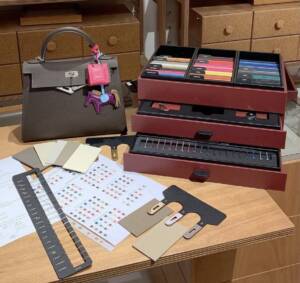

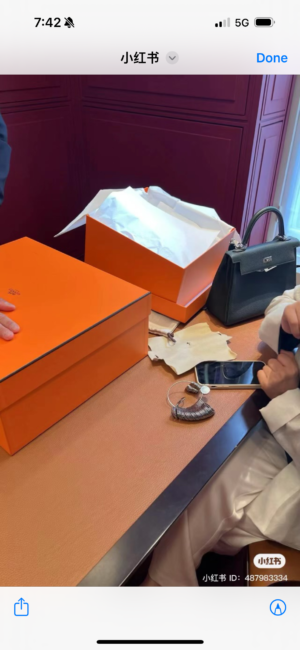
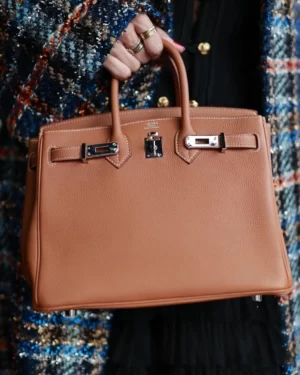
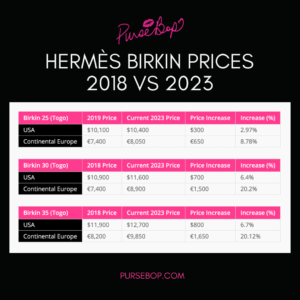



Comments